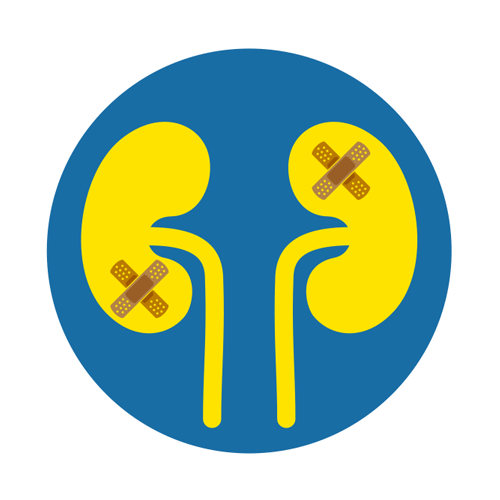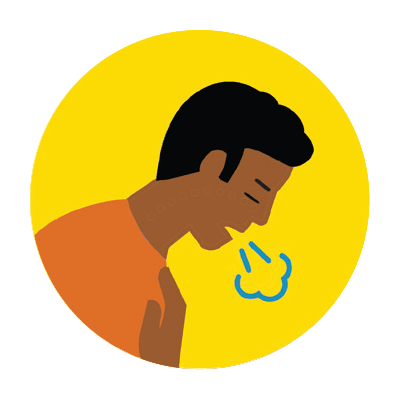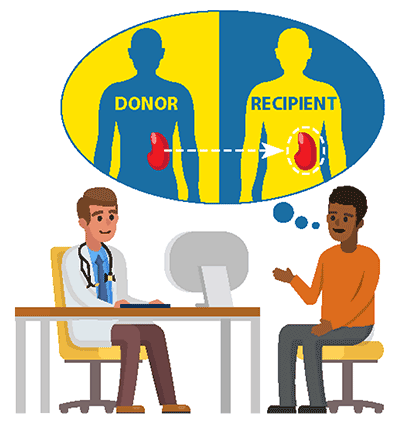Steps to Better Kidney Health for People with Sickle Cell Disease

Download and print this page [PDF – 537 KB]
People with sickle cell disease (SCD) are at greater risk than the general population for kidney complications. Share your medical history with your healthcare team so it can properly identify and treat any complications of SCD you currently have or may develop. Your healthcare team may include your primary care provider, SCD provider, and any other healthcare specialists. Below are common kidney complications and steps you can take for better kidney health.
Albuminuria (too much protein in the urine)
People with SCD often have albuminuria, or too much protein in the urine (possibly an early sign of kidney disease). Remind your provider to check your urine every year. A simple urine test done every year will help your provider monitor the amount of protein in your urine. Your provider may prescribe medicines that lower the amount of protein in your urine to help protect your kidneys.
Worsening anemia related to chronic kidney disease
Chronic kidney disease is a condition in which the ability of the kidneys to make urine properly decreases over time. In people with SCD, chronic kidney disease can cause worsening anemia, a condition in which the body does not make enough red blood cells. Share with your provider if you have any of the following symptoms of anemia:






Your provider will likely prescribe medicines that help treat anemia caused by chronic kidney disease.
Learn more about the safe use of medicines »
End-stage kidney disease
Chronic kidney disease can progress into end-stage kidney disease, a possibly fatal condition in which your kidneys stop working. In later stages of kidney disease, ask your provider if a kidney transplant (a surgery in which a damaged kidney is replaced with a healthy kidney from someone else) is an option for you.

Learn more about kidney disease »
This information is based on ASH SCD Guidelines: Cardiopulmonary and Kidney Disease.
